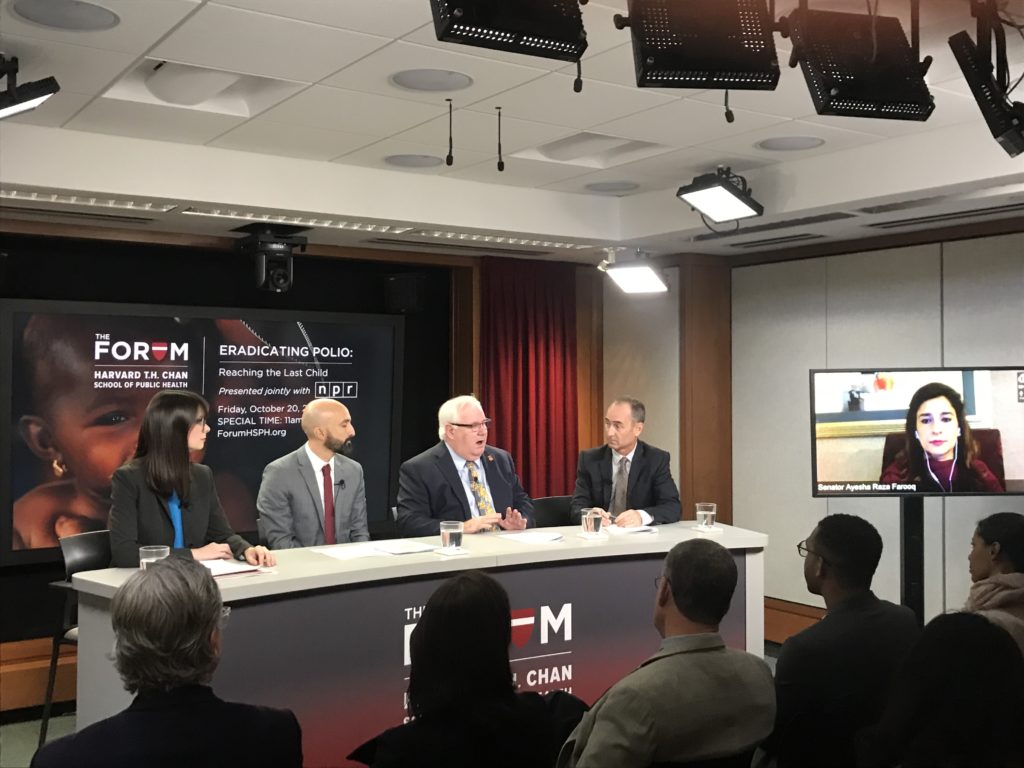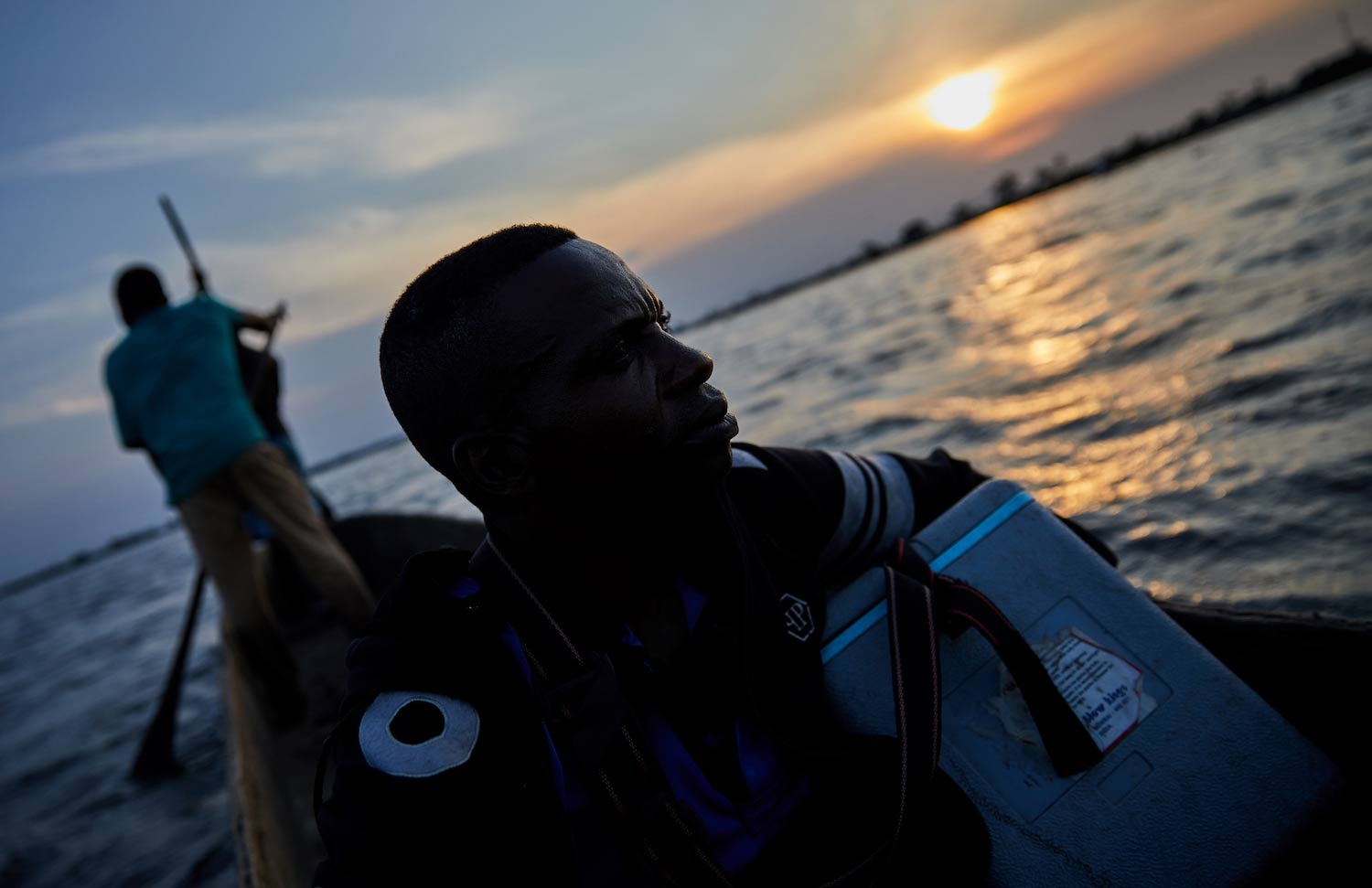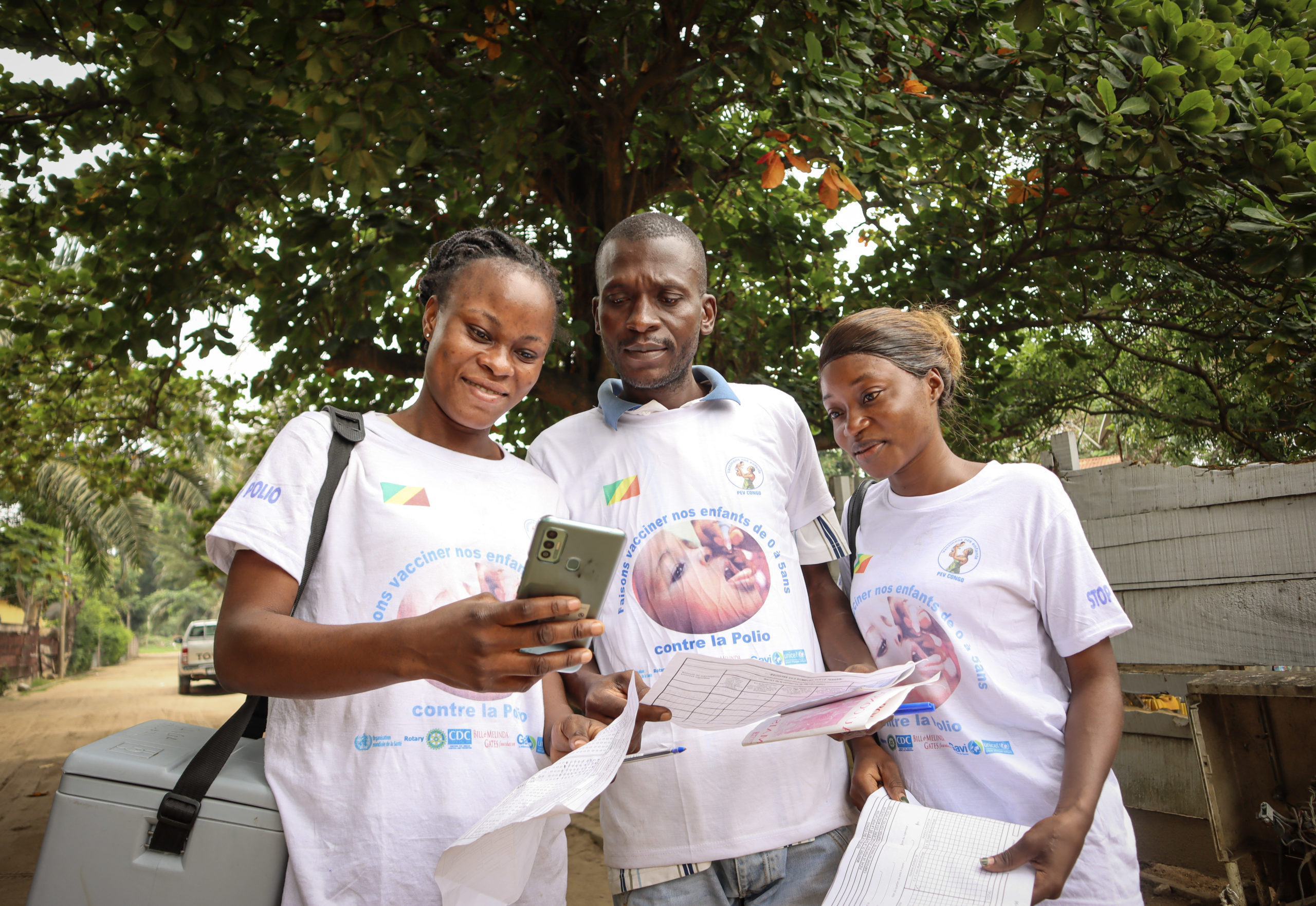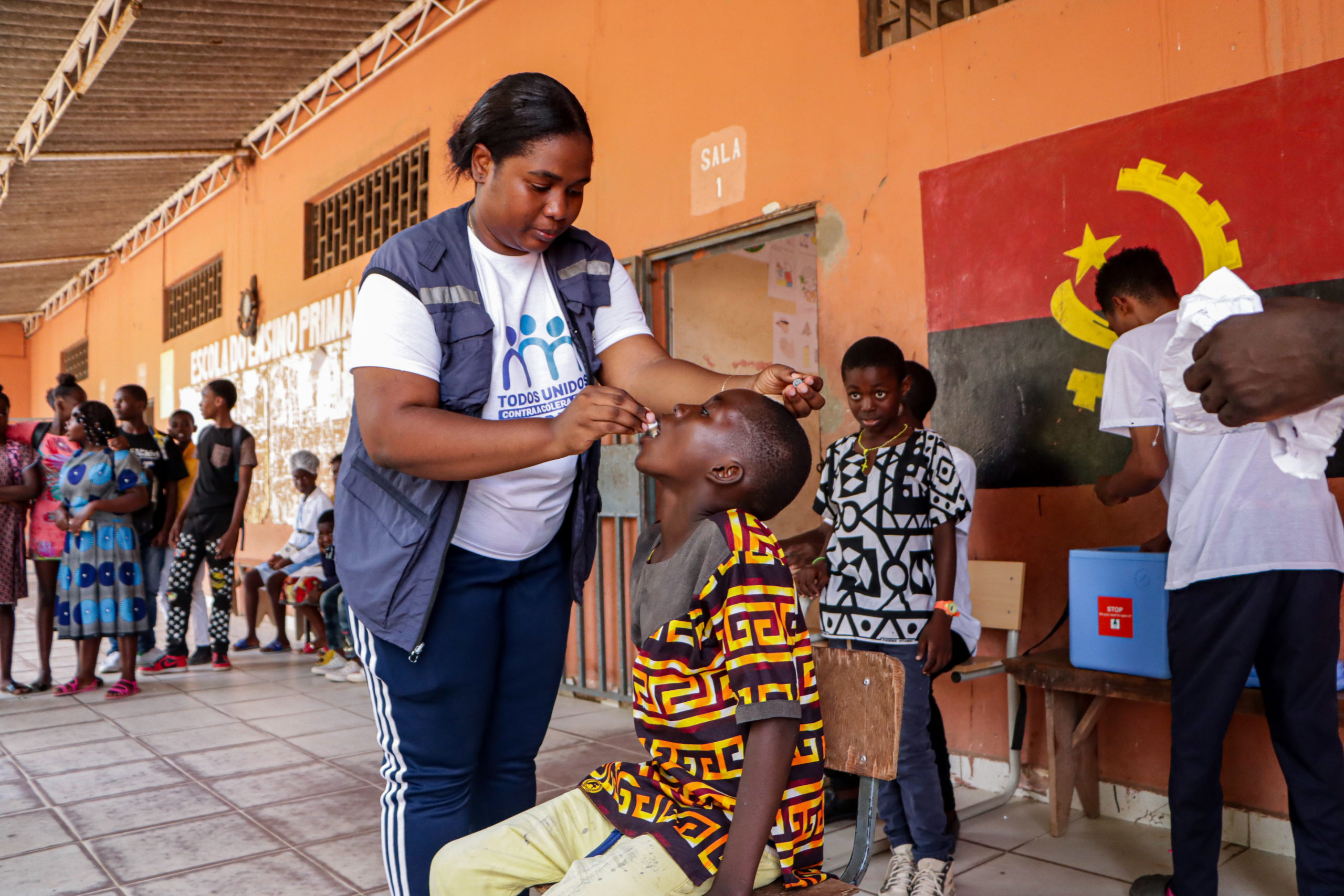
Harvard University and National Public Radio (NPR) in the United States this month hosted a high-level panel discussion to review how the systematic collection of social data has helped to understand communities and inform and shape strategies to reach every child in the world’s highest-risk polio areas.
The event, titled Eradicating Polio: Reaching the Last Child, featured the Pakistan Prime Minister’s Focal Point for Polio Eradication, Senator Ayesha Raza Farooq, Rotary’s International PolioPlus Committee Chairman Mike McGovern, UNICEF’s polio unit deputy director Jalaa Abdelwahab, and Harvard’s Senior Research Scientist Gillian Steelfisher, in a moderated panel discussion with Jason Beaubien of NPR, which broadcast the forum live.
Since 2013, the Harvard Opinion Research Polling centre has partnered with UNICEF on a collaborative polling effort to support 11 high-quality, strategic knowledge, attitudes and practices (KAPs) polls in seven polio-priority countries, including multiple waves in the remaining polio-endemic countries of Afghanistan, Pakistan and Nigeria.
Hosted in Harvard’s Boston studio before a live university audience, with the video live-streamed on the Harvard Forum website, the Forum speakers described how polling data had underlined the importance of a human-centered approach that placed the frontline worker at the centre of the program, with polling data emphasizing how local, well-trained and motivated frontline workers were the cornerstone for engendering trust in vaccination.
Ms Steelfisher explained that Harvard’s partnership with polio was about generating “data for action – we have to understand the views of the caregivers, what do they think of the vaccine, of the vaccinator. We think this polling puts the ‘public’ in public health.”
Senator Ayesha highlighted Pakistan’s critical innovations of establishing the polio Emergency Operations Centres, the weight given to oversight, monitoring and supervision systems, the need to remain vigilant despite the dramatic reduction to just 5 cases nationwide to date this year, and the importance of strong, evidence-based scientific data to inform the program’s thinking.
“The data informed us to build trust around our vaccinators … to build community ownership. The fact now that polio is considered a locally owned campaign is critical. This last point of eradication is the most difficult to cover and fundamentally it boils down to a question of political will. My Prime Minister has made a commitment to a polio-free world for all future generations and we have no intention of letting them and the rest of the world down.”
Mr Abdelwahab said it was critical to sustain momentum until eradication, not just in the endemic countries but globally. “The ultimate goal is not only eradication but the proof of concept that it is possible to reach every single child. We need to sustain the appetite of communities all the way to certification (of a polio-free world) via the human-centred approach and community-based vaccination.”
To watch The Forum, go to: https://theforum.sph.harvard.edu/events/eradicating-polio/



